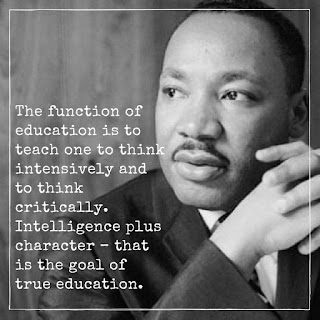Knowledge as the Pillar of Communities.
Good day. On my previous blog post, we discussed briefly on the importance of education in promoting awareness on the 17 Sustainable Development Goals. To further expand on that topic, today we are analyzing how young people learn to be.
Nowadays, everyone is modern in their education. Classes are remote, exams conducted online, and we have all watched in awe as the rise of educational applications and websites happened right before our eyes. Young people still develop their senses in a similar way, for example by seeing, hearing, reading, doing. However, what has changed in this present day and age is how they experience those occurrences.
With the emergence of the pandemic, education has been completely thrown for loop. While online learning means open book tests are always available, millions of students (including yours truly) are struggling to even carry out their assignments with confidence. In the past, children have learned to be from their role models: teachers, seniors, friends, family members. As the saying goes, it takes a village to raise a child. In the current digital era, the only role models available for young children are through their screens, which they should be seeing less of anyway. Allow me to share with you an incident the other day where my brother heard a bird tweeting and proceeded to ask, "who's phone is that?". So if you haven't heard this today, here is your reminder: please go touch some grass. Tune off for a bit. Your messages are not going anywhere.
And what of those who are less fortunate? What about the children who have had to share their educational devices with 5 other siblings, or even worse, don't have one at all? How will they be included in this narrative? The exclusion of impoverished children in modern education has always been a revolving topic the past decades, but now more than ever, a change in policy is needed to hand these children the right to a dignified education. In this era of globalization, children learn to be from their teachers in their small tablet screens. If they are unable to afford even that, where will they compensate for their missing education?
This is where the second part of our discussion comes in. What can universities do so that what they learn is positive, constructive and helpful for both their own lives and the health of their communities and the environment? In my opinion, introducing the issue to the university students would be a great first step. We must not underestimate the power of the youth in innovating and making better situations out of not so good ones. Syed Saddiq, Veveonah Mosibin, Ain Husniza, all brave and inspiring young leaders, of a growing effort to not settle for less and to make their communities better. With the more minds brainstorming ideas to alleviate situations, the Malaysian educations system could be top ranking, given the right resources.
In conclusion, I think strengthening our community is easier than one might think. I've honestly lost count of all the random ideas my friends and I have played around with while we discussed contemporary issues. I'm sure my peers are the same. With the right support system, maybe those ideas could evolve.
There's only one way to find out then, right?


Excellent post, sister! Yes I do have faith in our young people. Old timers need to learn to let go and accept that while there are certain things that can remain the same, there are things that need change and improvements.
ReplyDeleteThank you for your confidence in us, Dr.!
Delete